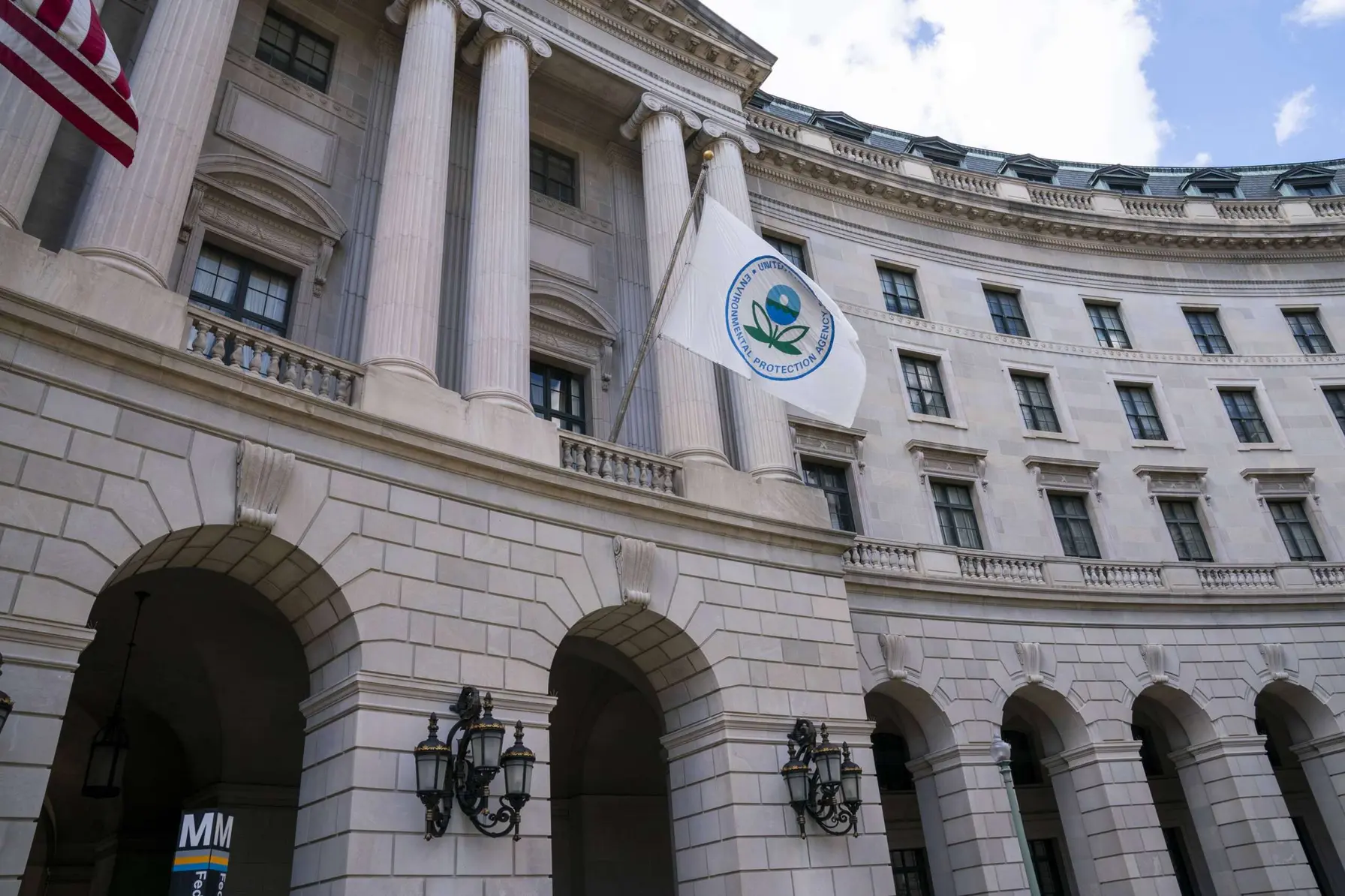T4K3.news
EPA moves to revoke climate rules
The EPA plans to roll back its authority to regulate climate pollution, a move that could reshape federal rules and corporate risk.

The EPA proposes ending its authority to regulate climate pollution, a shift that could reshape federal rules and corporate risk.
EPA moves to revoke climate regulation authority igniting legal and political backlash
The Environmental Protection Agency has signaled plans to roll back the endangerment finding that forms the legal basis for federal climate rules under the Clean Air Act since 2009. The agency argues Congress never authorized it to regulate climate pollution, a move that would effectively repeal federal greenhouse gas standards. Public hearings are planned this week as part of the administration’s broader deregulation push and the EPA stresses that the action is legal, not a moral stance on climate. Supporters say such a shift could reduce regulatory chaos and provide a clearer environment for long-term energy investment, while opponents warn of legal and environmental risks.
Business leaders have long sought predictability in rules to secure financing for large projects. They argue a federal framework helps shield companies from lawsuits and reduces the risk of sudden policy shifts. Critics, including many environmental advocates and some lawyers, say deregulation would undermine public health protections and shift the burden of climate risk to states and communities. The debate also touches on how courts, including the Supreme Court, might interpret federal authority if the Clean Air Act’s scope changes.
Key Takeaways
"Driving a dagger straight into the heart of the climate change religion"
Comment attributed to Lee Zeldin on the EPA plan
"There are plenty of people out there who want to bring lawsuits"
Statement attributed to Jeff Holmstead on legal risk
"Industry really has accepted the endangerment finding"
Jim Murphy of the National Wildlife Federation
"Having the EPA regulate climate pollution creates an orderly system for cutting emissions"
EEI stance summarized in NPR coverage
Beyond the legal maneuver, the plan exposes a fundamental clash between the demand for predictable market rules and the impulse to curb regulatory reach for ideological reasons. Companies say they need a steady policy path to justify multi-year investments in energy infrastructure, while critics warn that rolling back endangerment protections could heighten environmental and financial risk. The fight now blends science, law, and politics, with powerful actors on all sides sparring over who bears responsibility for climate damage and who pays for remedies.
The dispute also highlights gaps in public understanding of how federal authority shapes local outcomes. If the endangerment finding is scrapped, defenses used by fossil fuel firms in lawsuits could weaken, potentially increasing litigation across states. The coming hearings and court decisions will reveal how far the federal government is willing to go in reshaping climate regulation and how much the public pays for such a shift in terms of health, safety, and economic stability.
Highlights
- Rolling back rules would invite a flurry of lawsuits
- Energy investment needs a steady hand not a political swing
- Industry wants clarity not sudden upheaval
- Policy by fear not science
Regulatory rollback risks trigger political and legal backlash
Rolling back federal climate authority could provoke a wave of lawsuits, disrupt investment planning, and deepen partisan divides. The outcome may affect state policy and consumer costs as hearings unfold.
The policy path ahead will test how quickly policy, markets, and science can align
Enjoyed this? Let your friends know!
Related News

EPA Plans to Revoke Greenhouse Gas Regulations
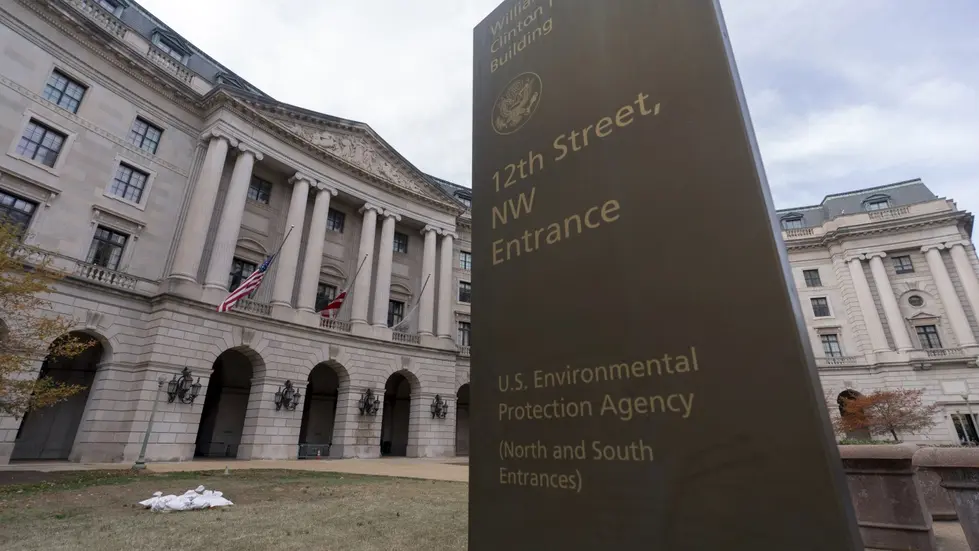
Trump administration files to revoke EPA greenhouse gas finding
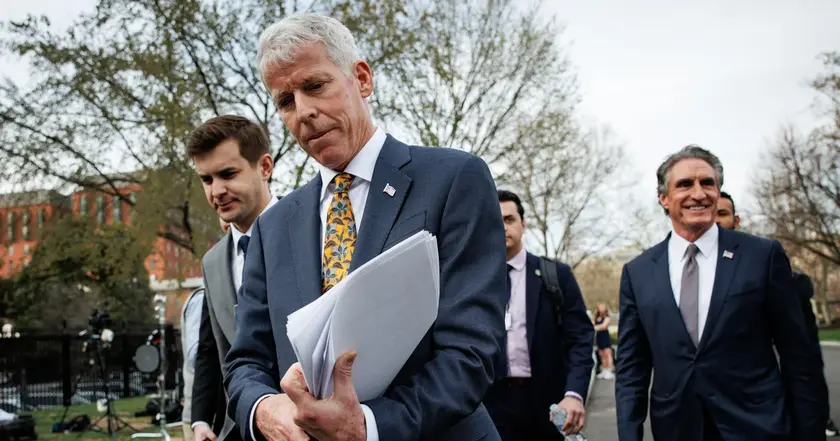
Environmental groups sue over secret climate report by contrarian scientists
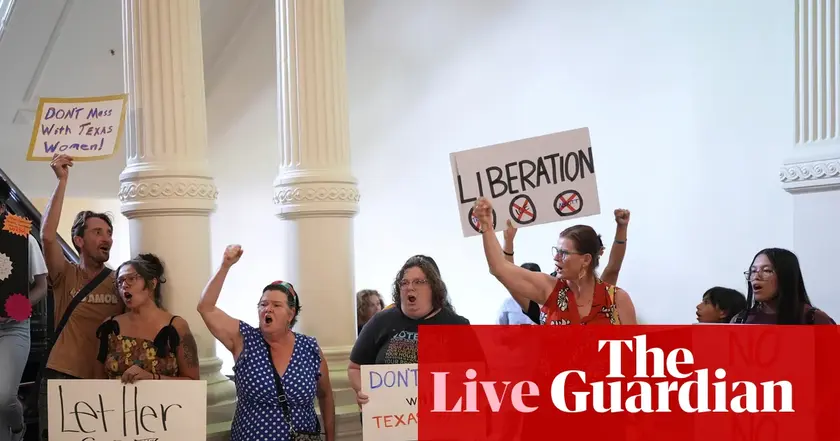
Texas GOP Advances Redistricting Map

Durham council rescinds climate emergency declaration

UK to recognize Palestinian state by September
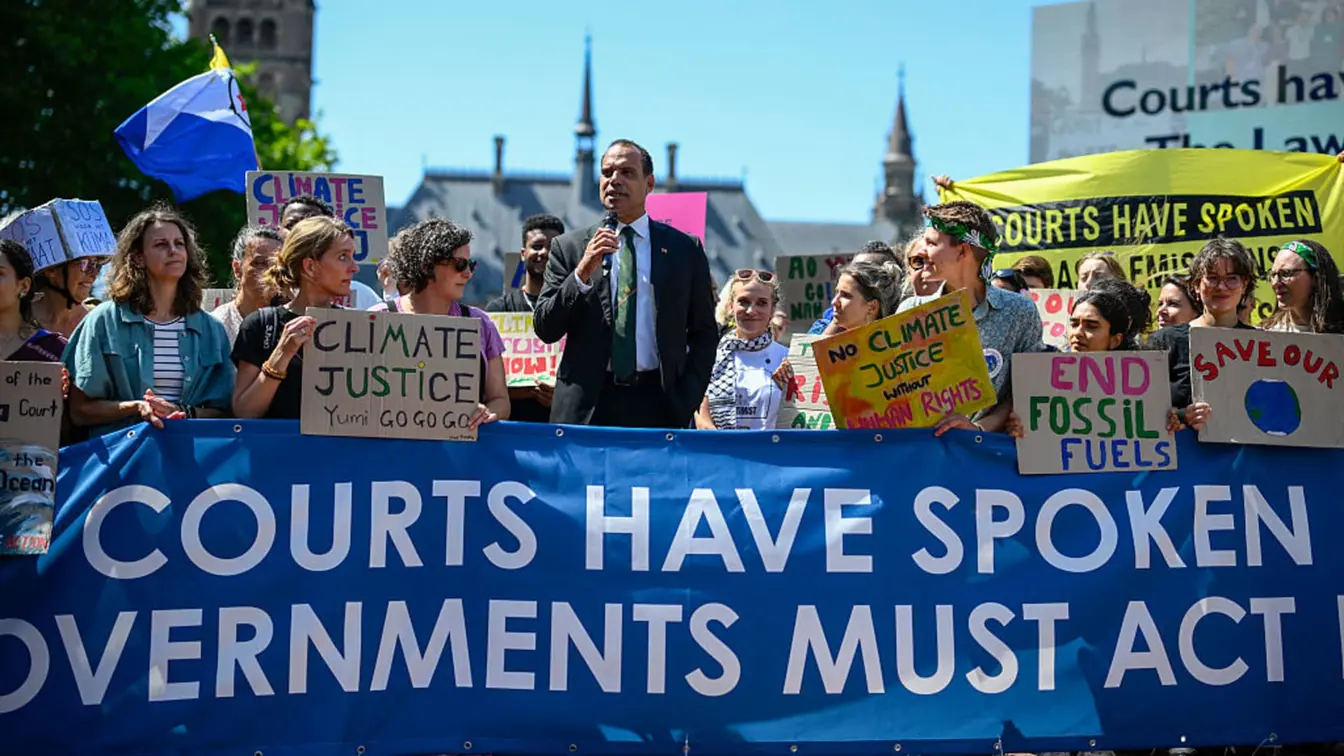
ICJ climate ruling reshapes markets
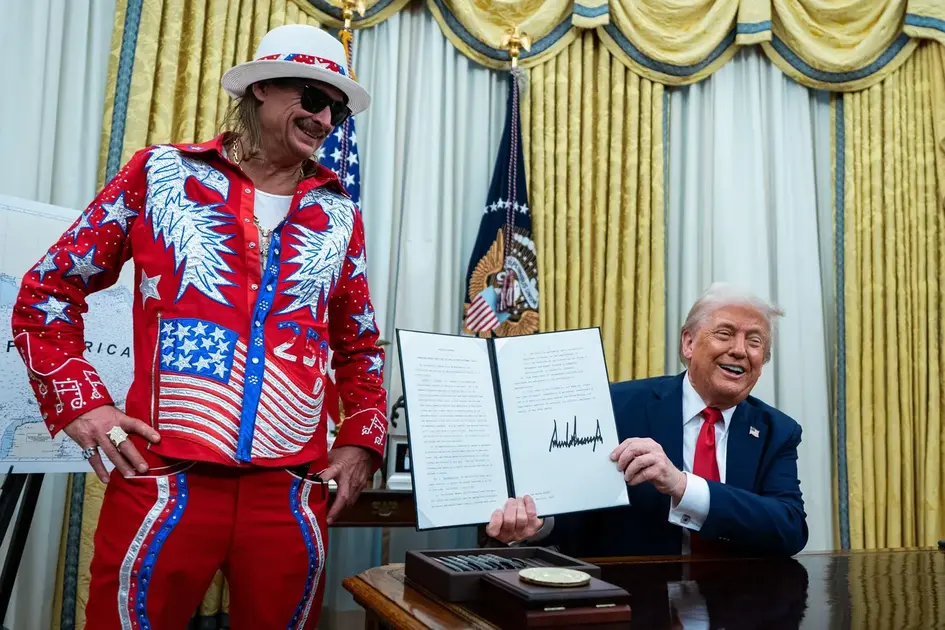
Trump revokes Biden competition policy
